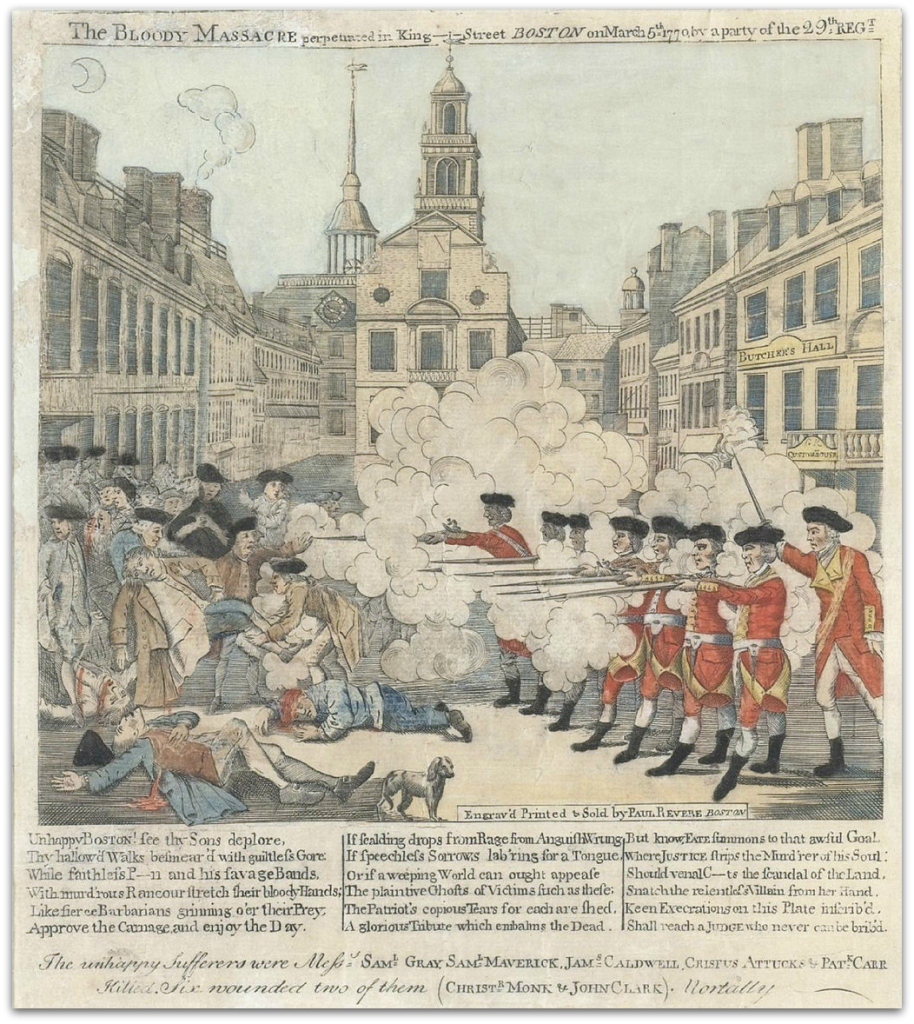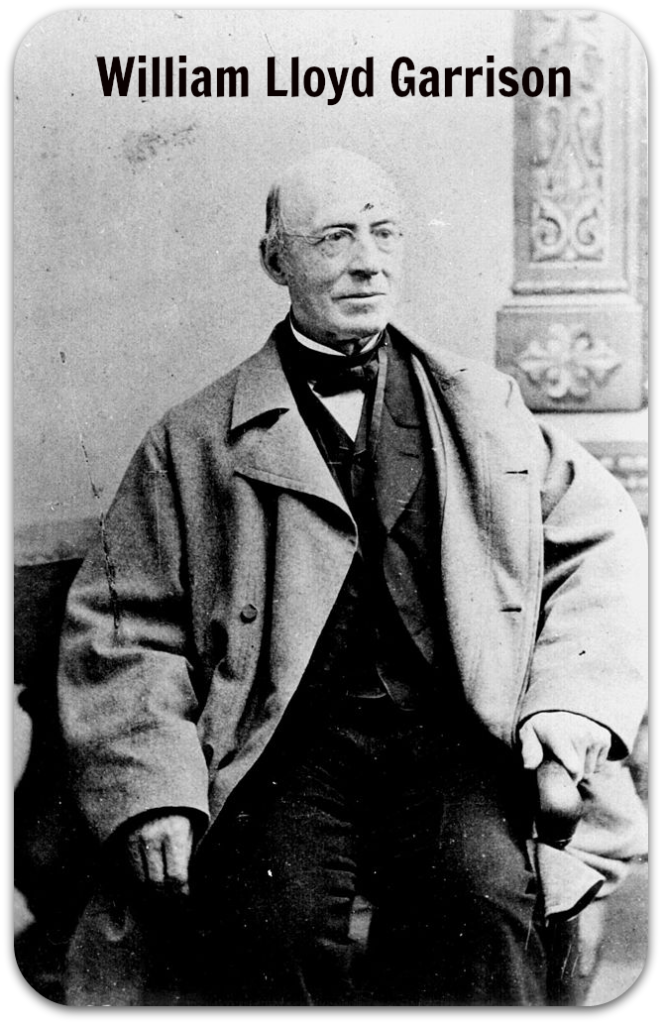Getting Access: Massachusetts Historical Society Digital Resources
 Do you research or teach United States history? Would you like free, online access to manuscripts, photographs, and objects related to the American Revolution, War of 1812, American Civil War, and other important events through World War I?
Do you research or teach United States history? Would you like free, online access to manuscripts, photographs, and objects related to the American Revolution, War of 1812, American Civil War, and other important events through World War I?
In this post you will discover the treasure trove of information and materials included in 10 of the 41 different digital resources offered by the Massachusetts Historical Society.
Brief History of the Massachusetts Historical Society
Founded in 1791, the Massachusetts Historical Society (MHS) stands as the oldest historical society in the United States. It operates as an independent research library and makes its vast and impressive holdings available to anyone who cares to stop in or use its online collections.
Regardless of its name, you should think of the MHS as an archive of American history.
The MHS holds the papers of the Adams Family (including those of John, Abigail, and John Quincy Adams), Horace Mann, and other notable Bay Staters. But, its collections extend beyond Massachusetts.
Some of its holdings may surprise you, such as the fact that it has the largest collection of Thomas Jefferson’s private papers. They also have the papers of Francis Parkman, including his Oregon Trail notebooks.
The Digital Resources of the Massachusetts Historical Society
The commitment of the Massachusetts Historical Society to make its records accessible to all has prompted them to dedicate time and funds to creating valuable digital resources.
 As of January 2015, the MHS has created 41 digital resources, which stretch in time from colonial North America through World War I.
As of January 2015, the MHS has created 41 digital resources, which stretch in time from colonial North America through World War I.
The resources run the gamut from fully digitized manuscript collections to companion websites that contain highlights from exhibits hosted in the galleries of the MHS. Many of the resources include lesson plans, study questions, and materials for educators.
Below you will find brief summaries of 10 of the 41 digital resources. Each collection title serves as a link to that collection.
(Click here for listings for 39 of the resources and click here to explore the Civil War Manuscript and Photograph collections.)
Silence Dogood: Benjamin Franklin and The New England Courant
James Franklin published The New-England Courant, a newspaper independent of British imperial interests. Franklin published articles and essays that commented on society, current events, and government proceedings in a lively and satirical style. In 1722, James’ 13-year-old apprentice (and youngest brother) Benjamin contributed to the Courant’s commentary using the pseudonym “Silence Dogood.” Benjamin Franklin wrote fourteen "Silence Dogood" essays. This collection offers images and transcriptions of these early Franklin essays as well as full images of the newspapers in which they appeared.
Maps of the French and Indian War
This collection contains digitized maps that depict North America around the time of the French and Indian War (1754-1763). These charts illustrate how both French and British commanders used maps to determine their military strategy. Maps helped officers determine where to attack the enemy and what geographic features and areas they should attempt to hold or acquire.
African Americans and the End of Slavery in Massachusetts
A digital collection of 117 items held by the MHS. These items include manuscripts and early printed works that offer a window into the lives of African Americans from the 17th century through the abolition of slavery in Massachusetts (July 8, 1783).
 Perspectives on the Boston Massacre
Perspectives on the Boston Massacre
Read and examine materials that offer a range of perspectives about the Boston Massacre. Materials include diary entries, letters, pamphlets, newspaper accounts, printed depositions, orations, trial notes, seven images, and bullets recovered from the scene. This resources includes a comparison tool that allows you to closely view and compare any two of the seven images of the event.
Annotated Newspapers of Harbottle Dorr Jr.
Harbottle Dorr Jr. (1730-1794) lived in Boston. He owned a store, occasionally served as a town selectmen, and was a member of the Sons of Liberty. Dorr was also an avid reader and collector of newspapers. Between 1765 and 1777, Dorr collected 805 newspapers, which he arranged into four volumes. Of course, Dorr didn’t just read his newspapers, he annotated and indexed them. The Annotated Newspapers of Harbottle Dorr Jr. digital resource offers high-quality images of Dorr’s newspaper and pamphlet collection and his indexes. It also has a search feature that will allow you to search for topics that Dorr indexed.
Siege of Boston
This collections offers more than 300 pages of manuscript materials about the Siege of Boston (1775-1776). This represents more than a dozen individual accounts of those who were either engaged in or effected by the Siege of Boston. These accounts represent the points of view of residents, soldiers, prisoners, and Loyalists.
War of 1812
In honor of the 200th anniversary of the War of 1812, the Massachusetts Historical Society has digitized a selection of broadsides, letters, and artifacts about the war.
 Boston Abolitionists, 1831-1865
Boston Abolitionists, 1831-1865
This collection comprises a range of materials held and preserved by the MHS that relate to abolitionists and the abolition movement in Boston. It includes issues of The Liberator as well as the first anti-slavery tract printed in North America, Samuel Sewall’s The Selling of Joseph (Boston, 1700).
The Case for Ending Slavery
This resource uses more than 50 primary sources (letters, diaries, songs, legal notebooks, and photographs) to reveal the complex nature of ideas about slavery and freedom that existed between the 18th and 19th centuries. Materials include lesson plans, study questions, and resources for educators.
Margaret Hall’s World War I Photographs
Massachusetts-native Margaret Hall served in the Red Cross during World War I. Between 1918 and 1919 she served at a canteen near the railroad junction at Châlons, France. While serving at this post, Hall kept a diary and took 294 photographs of the war. She compiled her journal entries, letters, and photographs into a typescript narrative, “Letters and Photographs from Battle Country, 1918-1919.” This resource will allow you to browse all 294 of Margaret Hall's photos as well as 29 additional illustrative items that sheincluded in her typescript.
Conclusion
The Massachusetts Historical Society offers an impressive collection of digital resources that will assist anyone who studies or teaches North American and United States history. Presently, the MHS offers 41 online resources.
The organization’s strong commitment to making its collections accessible to all undoubtedly ensures that it will continue to add to its impressive offerings with each passing year.
 What Do You Think?
What Do You Think?
What is your favorite, free online database?